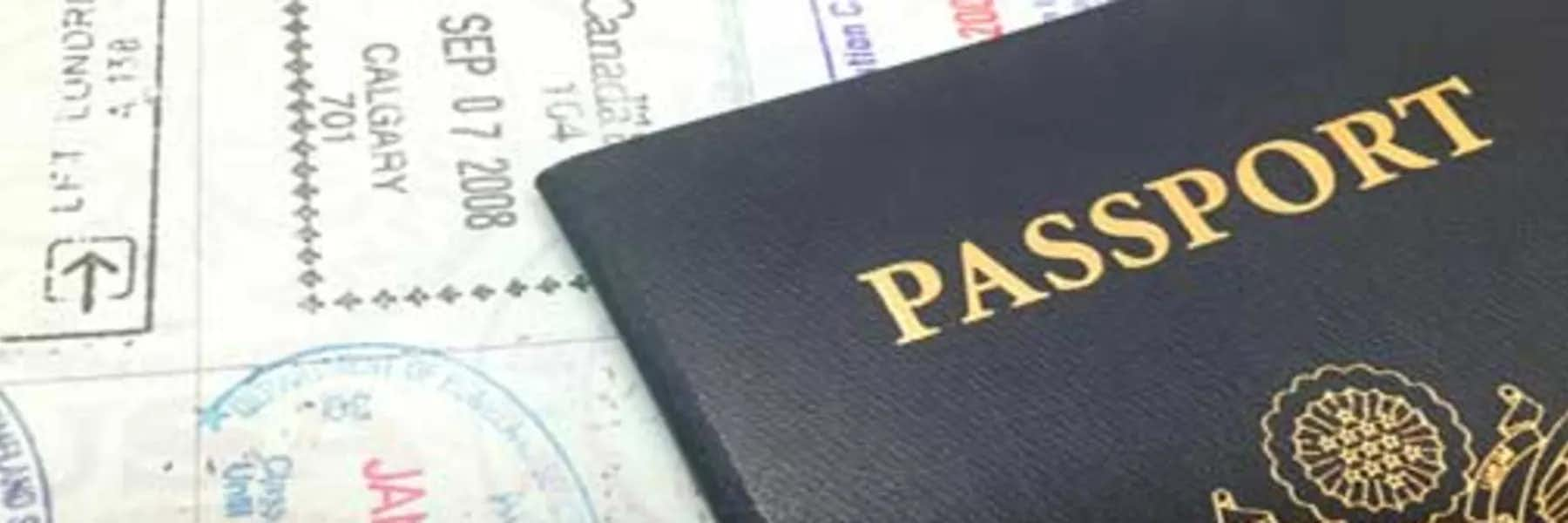“They are citizens of someplace called Vanuatu… we understand that it's an island or group of islands somewhere in the Pacific Ocean.”
So said South Africa’s Minister of Justice Ronald Lamola Last week, when it transpired that the country’s two most wanted fugitives had been released from jail in the United Arab Emirates.
Vijay and Ajay Gupta are very, very bad men. During the presidency of Jacob Zuma from 2009 to 2018, these Indian immigrants robbed South African taxpayers of as much as $32 billion dollars. With the connivance of Zuma and officials loyal to him, the brothers essentially took over entire government departments, steering public contracts to their own companies at fantastically inflated prices.
After Zuma was turfed out of office in 2018, the Guptas quickly fled to the UAE. They were soon charged on multiple counts of corruption by South African courts. In 2019, the U.S. sanctioned the brothers, putting them on a list of prohibited persons under terrorism and financial intelligence rules.
In early 2022, Interpol issued a Red Notice for them, requiring any country that apprehended them to hold them pending extradition to South Africa. South Africa immediately filed an extradition request with the UAE.
Then, last week, South Africans were shocked to hear that the UAE had secretly denied the extradition request back in February, whereupon the brothers left the country. Part of the legal rationale for denying South Africa's request was that the UAE does not have an extradition treaty with Vanuatu. The UAE has been silent on why they denied the extradition request without informing South Africa until more than a month later.
The Pacific island nation of Vanuatu has been selling passports since the mid-90s. It’s considered one of the cheapest and fastest second passport process in the world. Applicants can apply remotely and have a passport delivered to them without ever setting foot in the country. They are currently going for $130,000 each.
In recent years, Vanuatu has generated the bulk of its government revenue from its citizenship for sale program. It’s allowed the government to pay off its debt and even run a budget surplus. Thousands of individuals have acquired Vanuatu citizenship this way in the last three to four years. Many of them have never even been to the islands.
But many of these new Vanuatuans are wanted criminals, corrupt businessmen, and murderous politicians. Vanuatu citizenship is particularly attractive to miscreants because the country allows citizens to change their names easily. Once they’re issued with a new passport under the new name, they can travel incognito to countries where they might be wanted for crimes… and commit more of them.
That's almost certainly what the Gupta brothers had in mind when they bought their Vanuatu passports. Given the billions they stole from South Africa, the cost to them was mere pocket change.
Recent intelligence from Vanuatu itself says that the country’s Financial Intelligence Unit warned the countries citizenship office that the Guptas might attempt to acquire its passport. Despite this, the brothers seemingly acquired Vanuatu citizenship sometime in the last 12 months—a time when an Interpol arrest-on-sight Red Notice was active. Vanuatu is a member of Interpol and obligated to honor a Red Notice.
That suggests additional under the table bribes were paid to Vanuatu officials. Again, the amounts would be insignificant to the Guptas.
This sorry saga illustrates one of the most important considerations when looking for a second passport: will it make you even worse off?
The Gupta brothers were clearly desperate. Whilst they were on the run from South Africa, the European Union got fed up with Vanuatu’s lax approach to citizenship and stripped it of visa-free access. Other countries have done the same, and more are considering it. Eventually, people like the Guptas will be trapped in an ever-diminishing circle of countries that will welcome them with their Vanuatu passports.
This reflects a divide in the citizenship by investment universe.
Countries like Malta and Cyprus that have also sold passports—albeit for much higher prices—have also experienced notable examples of corruption and illegality in their citizenship by investment programs. They've come under intense pressure from the EU, the U.S. and other jurisdictions either to tighten their protocols or end the programs altogether. The implicit threat is loss of EU membership, visa-free access, and other relationships with major economies.
By contrast, however, most of the passport-selling Caribbean Island nations have cleaned up their acts. Their programs experienced similar teething problems when they launched in the 90s and early 2000s.
But after Canada withdrew visa-free access to Dominica about a decade ago because of citizenships granted to Chinese criminals—and the EU threatened to follow suit—a wave of serious reform took place. Today, these programs are considered above-board. The U.S. recently quietly acknowledged the validity of their programs in diplomatic meetings with Caribbean states.
Most of South Africa’s 60 million citizens now have an extremely poor opinion of Vanuatu. So do many of South Africa’s friends in the rest of the world. That's going to make holding a Vanuatu citizenship and passport an increasing liability in years to come.
If you're interested in acquiring a second passport through investment, don't let this happen to you. Seek the advice of legitimate experts who have your best interests in mind… not just the fees they can earn by selling a junk passport to you.

Ted Baumann is International Living’s Chief Global Diversification Expert. He's traveled to nearly 90 countries and is a dual citizen of the United States and South Africa. Ted has been published in international research journals, as well as in media outlets such as Barrons, Forbes, and Cheddar. Learn more about Ted Baumann here.
